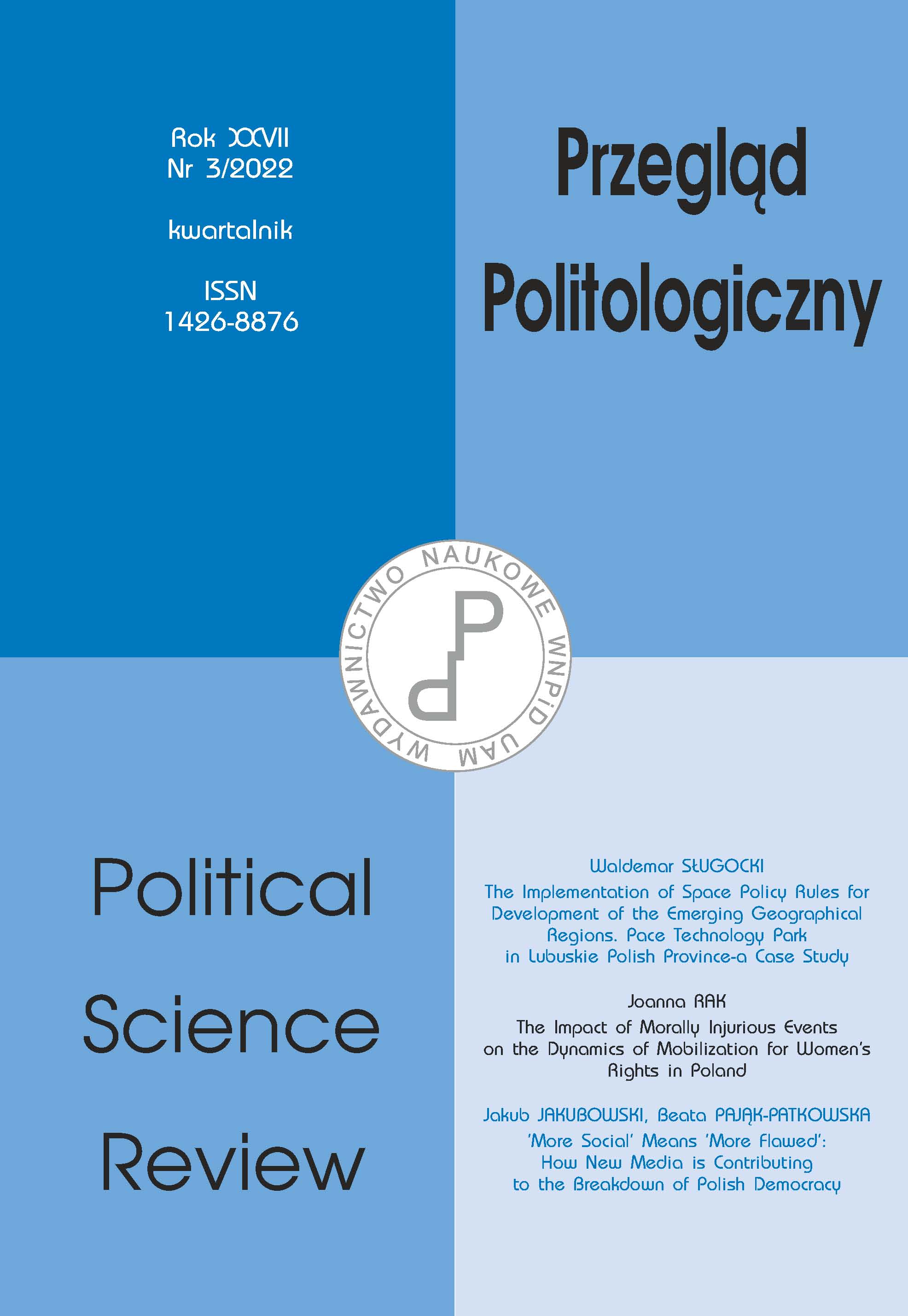Democracy and Institutional Political Subjectness: Comparative Study for Europe and Central Asia
Democracy and Institutional Political Subjectness: Comparative Study for Europe and Central Asia
Author(s): Nataliia NatalinaSubject(s): Politics / Political Sciences
Published by: Uniwersytet Adama Mickiewicza
Keywords: political subjectness; institutions; government effectiveness; democracy
Summary/Abstract: This article presents the results of a comparative analysis of political institutions in different types of regimes through indicators of their political subjectness, namely governance effectiveness, government’s future orientation and institutional trust. The correlation between these indicators and the level of democratisation for 50 countries in Europe and Central Asia as of 2021 and in the dynamics of the last 15 years is calculated on the basis of a broad empirical database. The influence of new world order trends, such as the development of a network society, the digitalisation of the political field and the influence of international financial institutions, on institutional political subjectness is explored. The author concludes that consolidated democracies and autocracies have a higher level of political subjectness than hybrid regimes. Democracies are more effective in governance, but autocracies are more perceived by their citizens as capable of providing political stability and a long-term vision for the future. As a result, autocratic regimes have a higher dynamic of institutional trust. Hybrid regimes demonstrate a greater propensity for authoritarian political institutions and traditions than for democratic ones.
Journal: Przegląd Politologiczny
- Issue Year: 2022
- Issue No: 3
- Page Range: 17-34
- Page Count: 18
- Language: English

